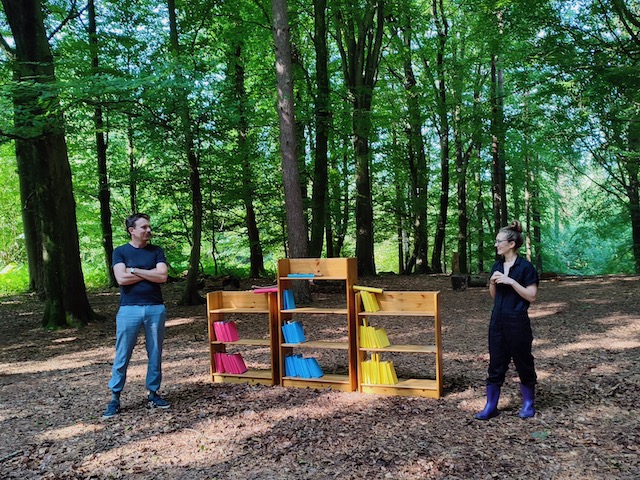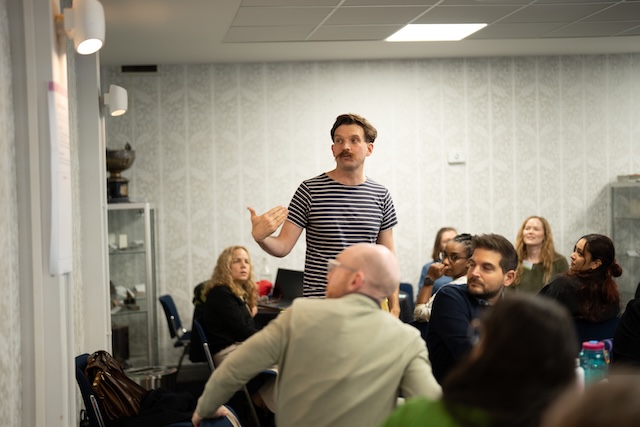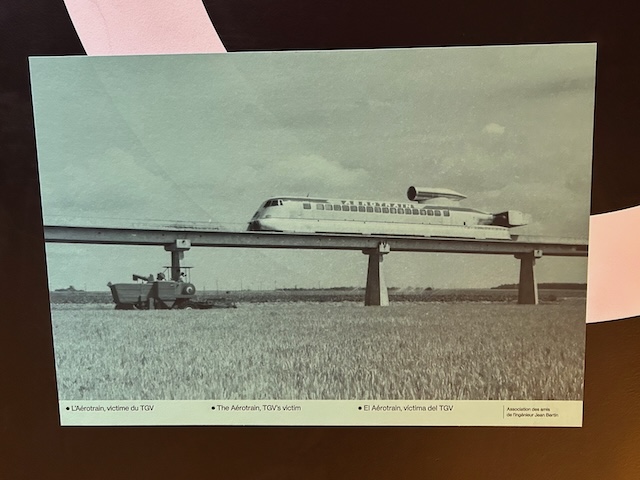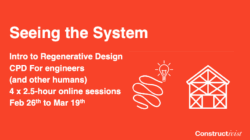Our big news this week is that the application process is now open for Cohort 6 of the Regenerative Design Lab.
Here’s some things that make this moment particularly significant
This is an open lab — unlike the previous two labs where we had focused more explicitly on policy, this lab is for people interested in applying regenerative thinking across a wide range of contexts. We haven’t had an open lab like this for two years, so we are expecting a large number of applicants.
Policy makers are still very welcome, and you’ll be working alongside designers and built-environment professionals to explore regenerative thinking in practice.
With this lab, our community of past and present participants will exceed 100. The network effect of this many activated change-makers is potentially huge.
The fly-wheel is spinning — with each revolution of the lab, we add more momentum: insights, tools, learning from taking action. It gives each cohort the potential to go further.
We have a text book — the Pattern Book for Regenerative Design is our manual for developing regenerative conservations with a wide range of audiences.
So are you ready to apply to join this journey? If so, we’d love to receive your application.




